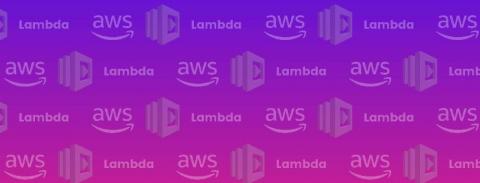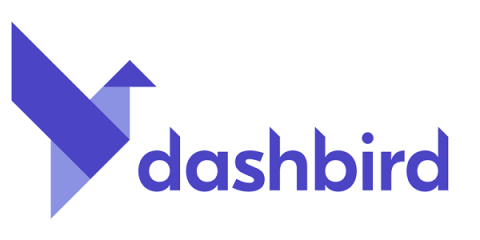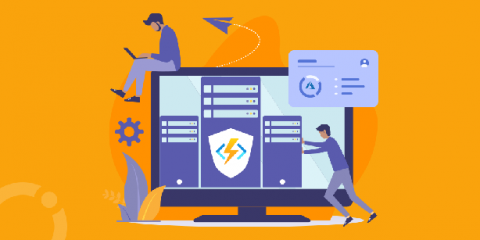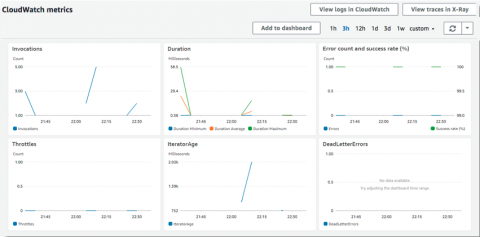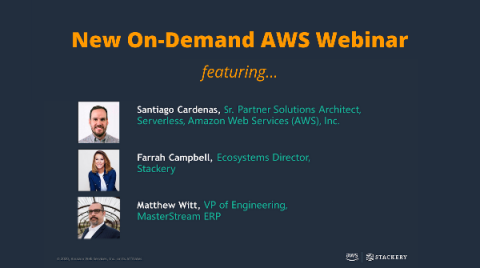Top 7 AWS Lambda metrics to monitor
Since launching in 2014, AWS Lambda has dramatically grown in popularity. Lambda allows you to run code 7without having to manage the underlying compute resources. From a monitoring standpoint, you no longer have the need or ability to observe traditional performance metrics like CPU and memory. That doesn't mean you don't need to keep an eye on other things, though. So what metrics should you monitor for your Lambda functions?


